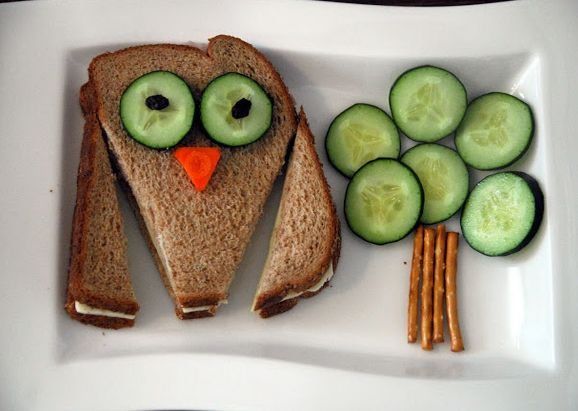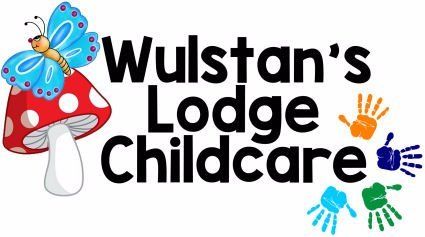Blog & News

Many school-aged children are overweight and obese which may affect their health as children and adults. It can also impact on their performance at school. This could be as a result of some of the social factors associated with obesity such as lack of confidence, stigmatism, discrimination, poor mental health, disordered sleep, decreased time spent in physical activity and socialising, and absenteeism.
To help your child maintain a healthy weight try to encourage him or her to:
- Eat a healthy, varied diet
- Take plenty of physical activity. Children should be active for at least 60 minutes a day.
- Limit the amount of foods, drinks and snacks high in fat and/or calories.
Eating and lifestyle habits are established early in life. Children are likely to adopt the same eating patterns as their parents, therefore it is important that the whole family adopts a healthy lifestyle. So set a good example by eating healthily and make time to eat together as often as possible. Encourage the whole family to do activities together. For example, go for a swim at your local swimming pool, kick a football around in the park or take a walk along a nearby walking trail or try and discover a variety walks in your area. You don’t have to travel to the countryside. Towns and cities offer interesting walks too!
It is important that you try and limit the number of times a day that your child has sugary foods and drinks and, if possible, keep them to mealtimes. The risk of developing tooth decay increases as the amount and frequency of sugars intake rises. Soft drinks such as carbonated drinks and squashes, and fruit juices can be high in free sugars which can be harmful to teeth, so choose reduced sugar versions and dilute fruit juices. These drinks may also be acidic and this can damage the protective enamel on teeth. To help protect teeth encourage your child to drink water or milk and remember to keep soft drinks to mealtimes.
Snack foods containing free sugars such as sweets, cakes, biscuits, chocolate and savoury snacks such as crisps should be limited, especially between mealtimes, as they can promote tooth decay. If your child eats these snack foods, try not to make them a daily addition to the diet – provide them occasionally and in small amounts. Perhaps pick a day of the week and only allow these foods on this day.
Importantly, make sure your child brushes his/her teeth with a fluoride containing toothpaste at least twice a day for at least 2 minutes at a time, and visits the dentist regularly.

Many school-aged children are overweight and obese which may affect their health as children and adults. It can also impact on their performance at school. This could be as a result of some of the social factors associated with obesity such as lack of confidence, stigmatism, discrimination, poor mental health, disordered sleep, decreased time spent in physical activity and socialising, and absenteeism.
To help your child maintain a healthy weight try to encourage him or her to:
- Eat a healthy, varied diet
- Take plenty of physical activity. Children should be active for at least 60 minutes a day.
- Limit the amount of foods, drinks and snacks high in fat and/or calories.
Eating and lifestyle habits are established early in life. Children are likely to adopt the same eating patterns as their parents, therefore it is important that the whole family adopts a healthy lifestyle. So set a good example by eating healthily and make time to eat together as often as possible. Encourage the whole family to do activities together. For example, go for a swim at your local swimming pool, kick a football around in the park or take a walk along a nearby walking trail or try and discover a variety walks in your area. You don’t have to travel to the countryside. Towns and cities offer interesting walks too!
It is important that you try and limit the number of times a day that your child has sugary foods and drinks and, if possible, keep them to mealtimes. The risk of developing tooth decay increases as the amount and frequency of sugars intake rises. Soft drinks such as carbonated drinks and squashes, and fruit juices can be high in free sugars which can be harmful to teeth, so choose reduced sugar versions and dilute fruit juices. These drinks may also be acidic and this can damage the protective enamel on teeth. To help protect teeth encourage your child to drink water or milk and remember to keep soft drinks to mealtimes.
Snack foods containing free sugars such as sweets, cakes, biscuits, chocolate and savoury snacks such as crisps should be limited, especially between mealtimes, as they can promote tooth decay. If your child eats these snack foods, try not to make them a daily addition to the diet – provide them occasionally and in small amounts. Perhaps pick a day of the week and only allow these foods on this day.
Importantly, make sure your child brushes his/her teeth with a fluoride containing toothpaste at least twice a day for at least 2 minutes at a time, and visits the dentist regularly.




